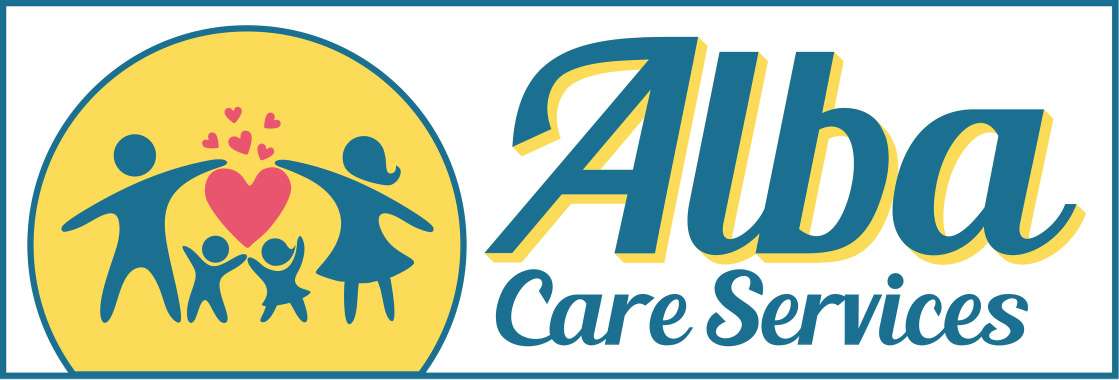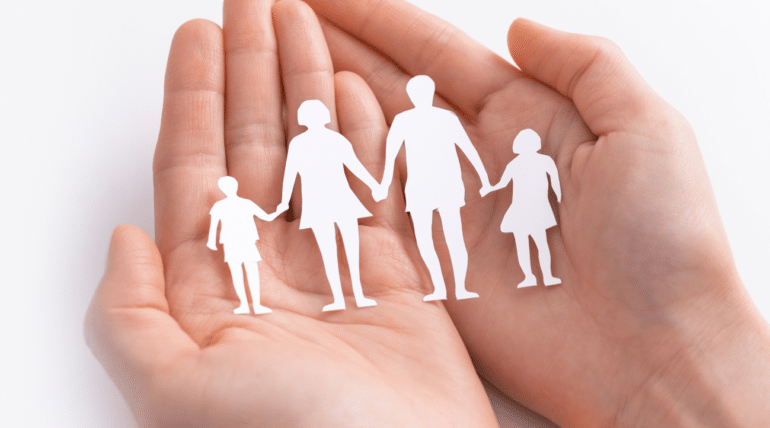Fostering a child is an act of love and compassion, but what happens when that love yearns for permanence? Can a child in foster care find their forever home with the family that has given them so much? These are pivotal questions that resonate within the walls of many foster homes and echo through the courtrooms where family law is decided.
In this comprehensive exploration, we peel back the layers of legalities, the complexities of fostering versus adopting, the emotional landscapes that come with such life-altering decisions, and the support systems in place for those considering the leap from foster care to adoption. This post is not just for the families questioning the future of their foster child, but also for institutions and professionals intertwined in the intricate dance of family law.
At the heart of the matter, converting from foster care to adoptive status hinges on navigating a delicate and often complex legal and emotional pathway. Both foster and adoptive families face a unique set of challenges and rewards that come with bringing a child into their lives, not just temporarily, but with the intent of providing a forever home. For children awaiting adoption, the transition from foster care to a permanent family can be a beacon of hope, signifying stability and enduring love. Yet, this process requires a concerted effort from all parties involved, including legal advisors, child welfare professionals, and most importantly, the foster families considering making such a significant commitment.

The Legal Dance of Fostering and Adoption
First, we need to understand the rhythm of the process. Foster care and adoption are distinct, though interrelated, legal systems with the common goal of ensuring a child’s well-being. Foster care is often seen as temporary, providing a safe haven for children until they can be reunited with their biological families or a permanent placement is found. Adoption, on the other hand, is the legal process that ends a child’s legal ties to their biological family, providing security and permanence with an adoptive family.
Social services play a pivotal role in this intricate process, tasked with the responsibility to place children in environments where they can thrive. These agencies work tirelessly to ensure that prospective guardians are not only capable of providing a loving home but also fully understand the implications and responsibilities of adopting a foster child. It is essential for potential adoptive parents to be comprehensively vetted and deemed qualified by social services to complete the transition, ensuring that the child’s best interests are always at the forefront of any decision made.
The Process of Fostering
When a child enters foster care, a series of legal steps are initiated to ensure their immediate safety and well-being. The placement can be arranged through a public agency, a private organization, or even directly with a relative. The foster parent is responsible for the child’s day-to-day care, while the state agency retains legal guardianship.
While the state agency retains legal guardianship, the foster parents play a critical role in making children in foster care feel safe and cared for. It’s a common misconception that to be the perfect parent, one must meet an unrealistic standard. However, children waiting in foster care need individuals who can provide love, stability, and a sense of belonging. These children yearn for a place to call home and someone to trust during their most vulnerable times. The essence of fostering, therefore, lies not in striving for perfection but in creating a nurturing environment where a child can feel secure and valued.
Adoption Pathways
Adoption is a more permanent solution to a child’s need for a family. There are several pathways to adoption, including through the foster care system. When a foster parent wishes to adopt their foster child, they typically must comply with state laws and regulations governing adoption.
The Benefits of Foster Parents Adopting

Stability and permanence are perhaps the most significant advantages of a foster child being adopted by their foster parents. The child can finally feel the solid ground beneath their feet, knowing they belong to a family that cherishes them. Emotional bonds that have grown and flourished within the confines of a foster home can finally be recognized and legally affirmed through adoption.
Continuity of Care
For children who have endured the trauma of being removed from their homes, the opportunity to remain with their foster family represents continuity and a sense of safety. This continuity is vital for the child’s emotional development, allowing for a smoother transition into a new chapter of their life.
A Seamless Transition
Adoption by foster parents often means that the child can maintain their connections with foster siblings, extended foster families, and other individuals who have become a part of their support network. This seamless transition can be integral to the child’s sense of identity and belonging.
Navigating the Legal Landscape
Adopting a foster child involves complex legal hurdles. The process varies from state to state, but common requirements include parental rights termination, home evaluations, background checks, and a period of supervision after the adoption.
The Right to Adopt
Foster parents who wish to adopt must first have the legal right to do so. This involves ensuring they meet the qualifications set by the state, which can include age, financial stability, and the completion of adoption training courses.
Termination of Parental Rights
Before a child can be adopted, the rights of their biological parents must be terminated. This can occur voluntarily or involuntarily through the court system, and the process is deliberately robust to protect both the child and the rights of the birth parents.
Emotional Considerations
Beyond the legal framework, there are deep emotional considerations that warrant attention. For the foster child, the prospect of adoption can elicit a mix of emotions, from happiness and relief to anxiety and a fear of loss. For foster parents, the decision to adopt is often a passionate one, but not without its own set of emotional challenges.
The Child’s Perspective
Understanding the child’s perspective is crucial. Many foster children have faced numerous disruptions and losses in their short lives. The prospect of a permanent adoption can be both exciting and daunting. They may fear becoming attached and then losing their home once again.
For the Foster Parents
The emotional investment made by foster parents is substantial. They have opened their hearts and their homes to a child in need, and the decision to adopt is often one that has been contemplated with great care. The potential of a failed adoption can be devastating, and foster parents may be grappling with their own anxieties about the path ahead.
Support System
Recognizing and leveraging the support systems available is essential for both the child and the foster parents. There are resources in place to guide families through the process, offer emotional support, and assist with the financial aspects of adoption.
Foster parents contemplating the transition to adoptive parents often find themselves navigating a sea of paperwork and legal requirements. Many turn to websites created specifically for the foster care community for guidance through this complex process. These platforms often provide forms and resources tailored to prospective adoptive families, simplifying steps that might otherwise seem overwhelming. For those unable to access these online tools, agencies offer personalized assistance to ensure that each foster child can move toward a stable, loving home. The creat of such a supportive online ecosystem reflects a broader commitment to ensuring that no child or prospective parent is left without the aid they need to form a forever family.
Legal Assistance and Advocacy
An experienced adoption attorney can be a valuable asset, providing legal advice and representing the family’s interests in court. Advocacy groups for foster children also play a vital role in ensuring the child’s needs are addressed throughout the adoption process.
Adopting parents, particularly those looking into the adoption of foster youth, often seek children with varying backgrounds, including those with special needs. These adoptive parents are uniquely positioned to offer a loving and supportive home to children who may require additional care and attention. Recognizing this, various agencies and organizations provide resources and support via their websites, creating a bridge between interested families and the children longing for a permanent home. These websites not only share success stories and informational guides but also offer crucial information on the unique challenges and rewards of adopting children with special needs. This encourages a broader understanding and prepares adoptive parents for the fulfilling yet sometimes complex journey ahead.
Emotional Counselling
Prior to and after adoption, counseling services can help the child and the family understand and process the range of emotions that adoption can evoke. These services can significantly contribute to the family’s success post-adoption.
Support for youth in the foster care system must extend beyond physical needs, focusing equally on mental and emotional health. Preparation for adoption involves ensuring that the voices of these young individuals are heard, valued, and integrated into the process. It’s about creating a space where they feel safe to express their fears, hopes, and questions. By doing so, foster and adoptive parents can better understand and address the mental health challenges that these children might face, ensuring a smoother transition into their new family dynamics.
The option for a foster child to be adopted by their foster parent is not just a legal process; it is an emotional and lifelong commitment. While the pathway to adoption may be riddled with challenges, the potential rewards—stability, love, and a forever family—are immeasurable. For foster parents thinking about adoption, it’s a testament to the love that has grown within their home. For the child, it’s the promise of a future built on the foundation of their past. Collectively, it is a story of resilience, love, and the enduring bond of family. An adoption may mark the end of one chapter, but it is, without doubt, the beginning of a beautiful new story.



